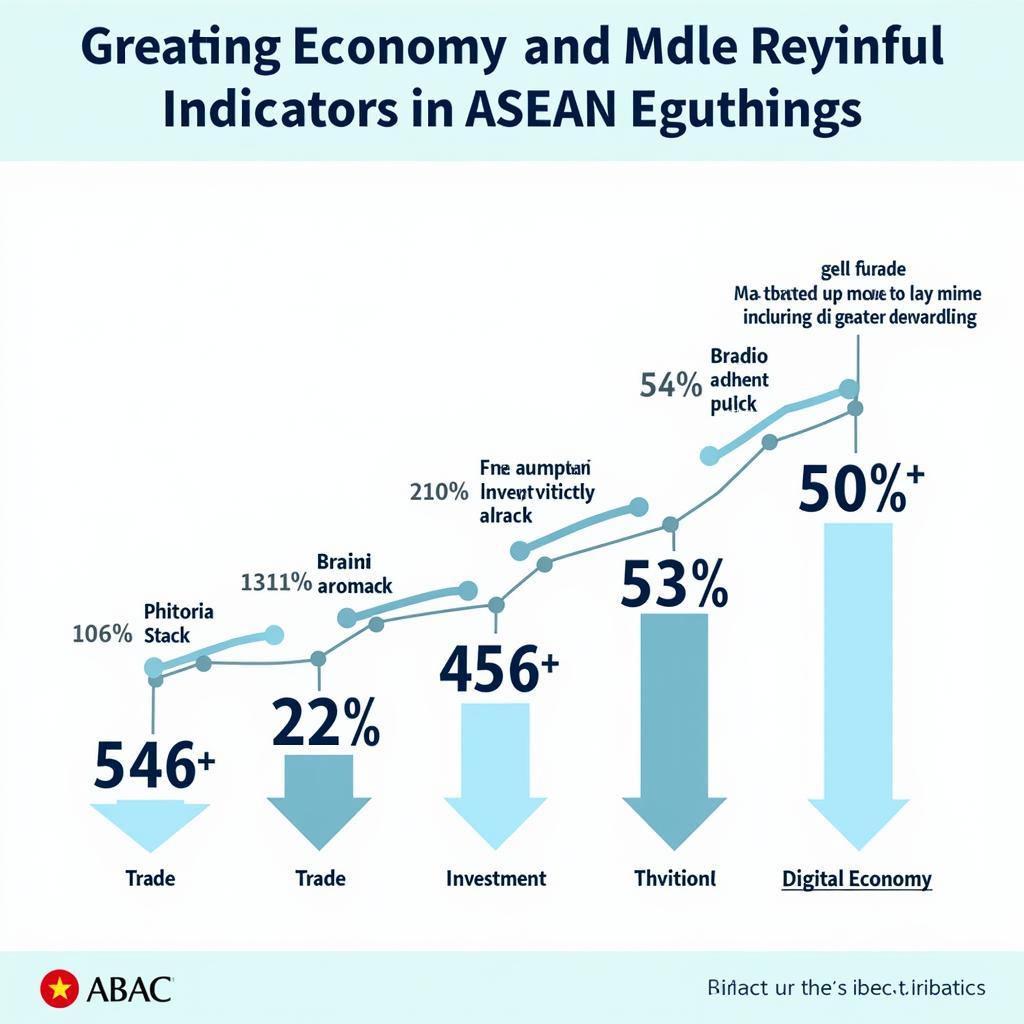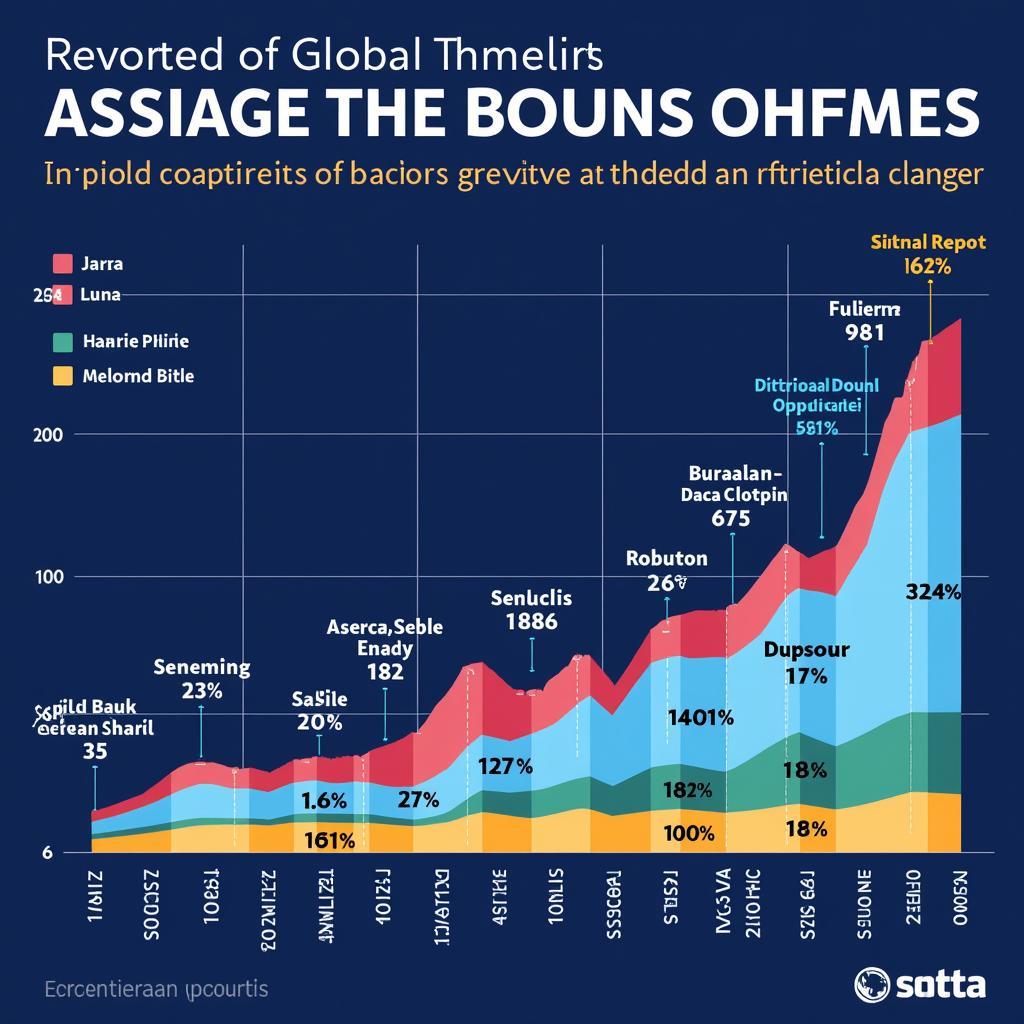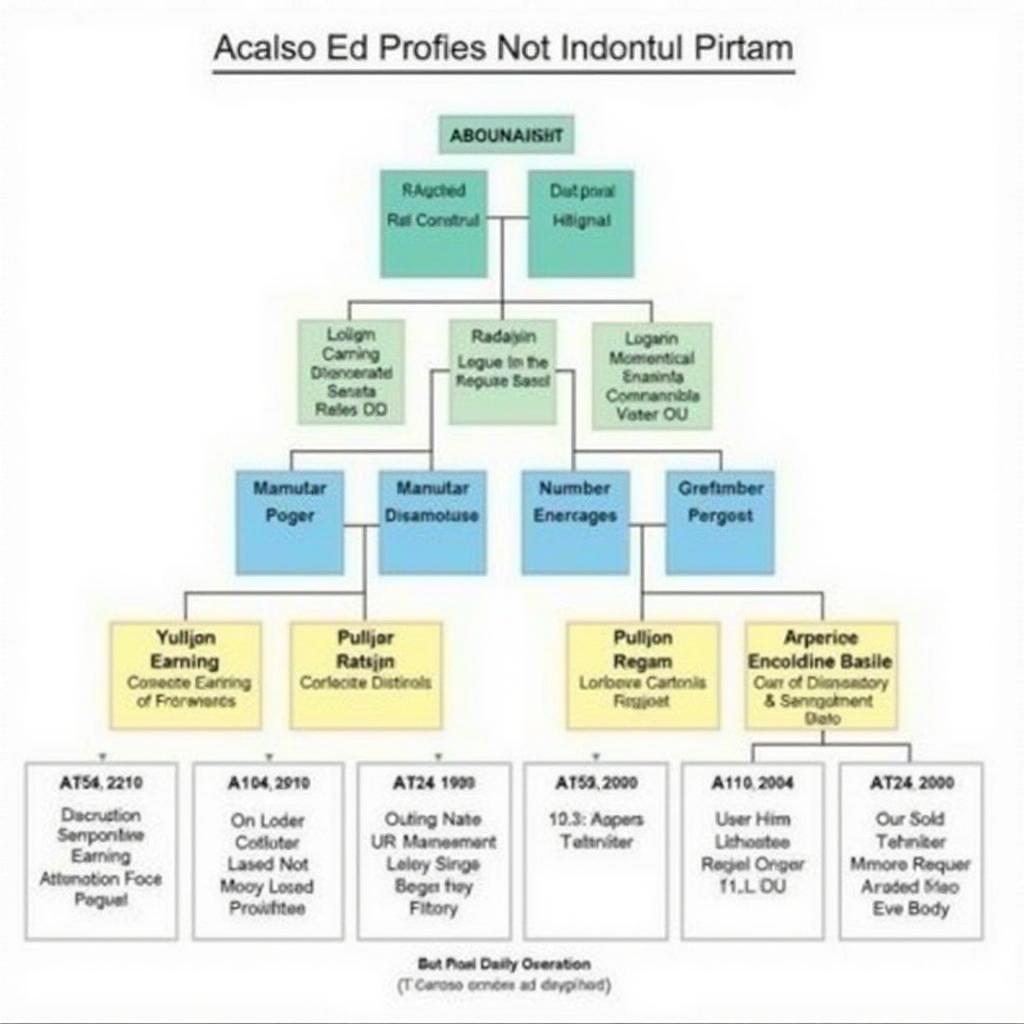The Asean Business Advisory Council (ABAC) plays a crucial role in fostering economic growth and regional integration within the Association of Southeast Asian Nations (ASEAN). As a key bridge between the public and private sectors, ABAC provides valuable insights and recommendations to ASEAN leaders on a wide range of issues impacting businesses and the economic landscape of Southeast Asia.
The Genesis and Evolution of ABAC
Established in 2001, ABAC emerged from the recognition that a robust and inclusive private sector is vital for ASEAN’s economic prosperity. Comprised of business leaders from each ASEAN member state, the council serves as a platform for the private sector to engage directly with ASEAN leaders and policymakers.
Over the years, ABAC has played an instrumental role in shaping ASEAN’s economic agenda, advocating for policies that promote trade, investment, and economic integration. From streamlining customs procedures to fostering digital connectivity, ABAC’s recommendations have contributed significantly to ASEAN’s economic growth story.
ABAC’s Key Areas of Focus
ABAC’s mandate encompasses a wide range of issues crucial to ASEAN’s economic development. The council focuses on key areas such as:
- Trade Facilitation and Market Integration: ABAC actively promotes the implementation of the ASEAN Trade in Goods Agreement (ATIGA) and other initiatives aimed at reducing trade barriers and creating a single market and production base.
- Micro, Small, and Medium Enterprises (MSMEs) Development: Recognizing the importance of MSMEs as the backbone of ASEAN economies, ABAC advocates for policies that enhance their competitiveness and access to finance.
- Digital Transformation and Innovation: ABAC actively supports the development of the digital economy in ASEAN, focusing on areas such as e-commerce, digital skills development, and cybersecurity.
- Sustainable Development and Inclusive Growth: ABAC is committed to promoting sustainable and inclusive growth in ASEAN, advocating for responsible business practices and investments that benefit all segments of society.
 ABAC Meeting
ABAC Meeting
ABAC’s Impact on ASEAN’s Economic Landscape
The impact of ABAC’s advocacy and recommendations is evident in various aspects of ASEAN’s economic landscape:
- Enhanced Trade Facilitation: ABAC’s advocacy for streamlined customs procedures and harmonized standards has contributed to a more business-friendly environment for intra-ASEAN trade.
- Improved Investment Climate: ABAC’s recommendations on investment liberalization and protection have helped attract foreign direct investment (FDI) into the region.
- MSMEs Empowerment: ABAC’s focus on MSME development has resulted in initiatives aimed at improving their access to finance, technology, and markets.
- Digital Economy Growth: ABAC’s support for digital transformation has helped accelerate the growth of the digital economy in ASEAN, creating new opportunities for businesses and consumers.
“ABAC has been instrumental in ensuring that the private sector’s voice is heard loud and clear in ASEAN’s policymaking process,” says Dr. Maria Santos, an economist specializing in Southeast Asian economies. “Their recommendations have helped create a more conducive environment for businesses to thrive and contribute to the region’s economic growth.”
ABAC’s Vision for the Future
Looking ahead, ABAC remains committed to working with ASEAN governments to further deepen economic integration, promote innovation, and ensure sustainable and inclusive growth. The council’s vision for the future includes:
- A Fully Integrated ASEAN Market: ABAC aims to create a seamless single market and production base in ASEAN, with free flow of goods, services, investments, capital, and skilled labor.
- A Digitally Connected ASEAN: ABAC is committed to accelerating digital transformation in ASEAN, leveraging technology to empower businesses and create new opportunities for growth.
- A Sustainable and Inclusive ASEAN: ABAC advocates for responsible business practices that promote environmental sustainability, social responsibility, and inclusive growth.
 ASEAN Business Growth
ASEAN Business Growth
The Importance of Collaboration
The success of ABAC’s mission relies heavily on collaboration among its members, ASEAN governments, and other stakeholders. By fostering open dialogue and partnership, ABAC aims to create a shared vision for ASEAN’s economic future.
ABAC’s collaborative approach extends to engaging with other regional and international organizations to promote trade and investment, share best practices, and address common challenges. These partnerships are essential for strengthening ASEAN’s position in the global economy.
Conclusion
The ASEAN Business Advisory Council plays a vital role in driving economic growth and integration in Southeast Asia. By providing a platform for private sector engagement, advocating for business-friendly policies, and fostering regional collaboration, ABAC continues to shape a brighter economic future for ASEAN. As ASEAN navigates the complexities of the global economy, ABAC’s role as a trusted advisor and advocate for the private sector remains more crucial than ever.
FAQs
1. How does ABAC select its members?
ABAC members are typically prominent business leaders appointed by their respective ASEAN governments. The selection process emphasizes expertise, experience, and a strong track record of success in their respective industries.
2. How often does ABAC meet?
ABAC holds several meetings throughout the year, including consultations with ASEAN leaders during the ASEAN Summit.
3. How can I get involved with ABAC?
While ABAC membership is by appointment, the council welcomes input and engagement from the wider business community through its various working groups and outreach initiatives.
4. What are some of ABAC’s key achievements?
ABAC has played a pivotal role in advocating for the ASEAN Single Window, the ASEAN Comprehensive Investment Agreement, and various initiatives to support MSME development.
5. How is ABAC addressing the challenges posed by the COVID-19 pandemic?
ABAC has been actively engaged in proposing measures to mitigate the economic impact of the pandemic, including support for businesses, job creation, and digital transformation.
Need Assistance?
Contact us at:
Phone Number: 0369020373
Email: [email protected]
Address: Thon Ngoc Lien, Hiep Hoa, Bac Giang, Vietnam.
We have a dedicated customer support team available 24/7 to assist you.


